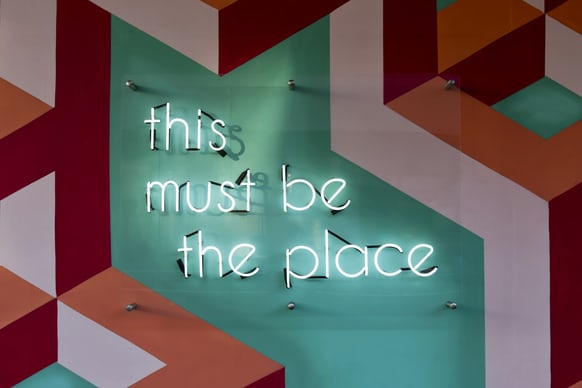Values Shape Workplace Culture

What is workplace culture?
All organizations have a culture based on shared values.
There are workplace norms or behaviors that are implicit – it’s what everybody generally does or conforms to at or for a given work place.
Implicit values are the unwritten rules, unstated….it takes anywhere from 12 months to 18 months to learn the unwritten rules. Sometimes employees find out about unwritten rules when they violate expectations. This is often learning the hard way. If it happens enough, the employee can be deemed a poor fit for the organization. More than likely, the warnings and explanations begin to shape the employee to its way of life and how to behave.
When someone says you’re a good fit with our organization – they mean that you appear to align with the values.
Expected behaviors that are explicit are workplace values statements. Sometimes they are developed through employee engagement. Sometimes they are long held corporate values, but the behaviors practiced don’t always match the explicit statements.
I spend a lot of time working with organizations in developing shared understanding of values.
Values statements are often aspirational so organizations must find ways to examine values and actual behaviors that are practiced. Values are what attract employees to an organization; they are also what cause people to leave organizations where there is a values mismatch.
Desired behaviors must be rewarded; employees have to be held accountable for demonstrating those behaviors. Simply put. Values Shape Culture.
Many organizations dance around the value of diversity and might have a statement on respect or diversity. Some organizations are beginning to adopt new statements on D>E>or I, but merely adding a statement is meaningless unless there is discussion about accountability and understanding of what behaviors are expected. Most important, leaders MUST “walk the talk” and visibly and frequently express the desired behaviors.
Onboarding new employees provides a challenge. How do you explain organizational culture? How do you show it? New employees will observe behaviors and make that determination.
Cultures are constantly evolving internally and externally. We are all going through major workplace transformation now to remote work which will permanently impact the way we will all do business now and in the future.
The greatest challenge is ensuring the culture includes and does not exclude. Issues of fairness and equity are at the forefront and are expectations of employees – especially younger employees.
In 2020, I conducted 3 employee investigations related to equity issues. In each case, appropriate behaviors were assessed based on stated employment values, employment or HR practices of managers, stated policies of discrimination, diversity and inclusion, and HR guidelines.
Leaders have an obligation to be in touch with the company policy and to hold employees accountable when their behaviors don’t match up.
Interested in this topic and learning more about how to address in your organization? Reach out to me at devona@goeinswilliams.com.

